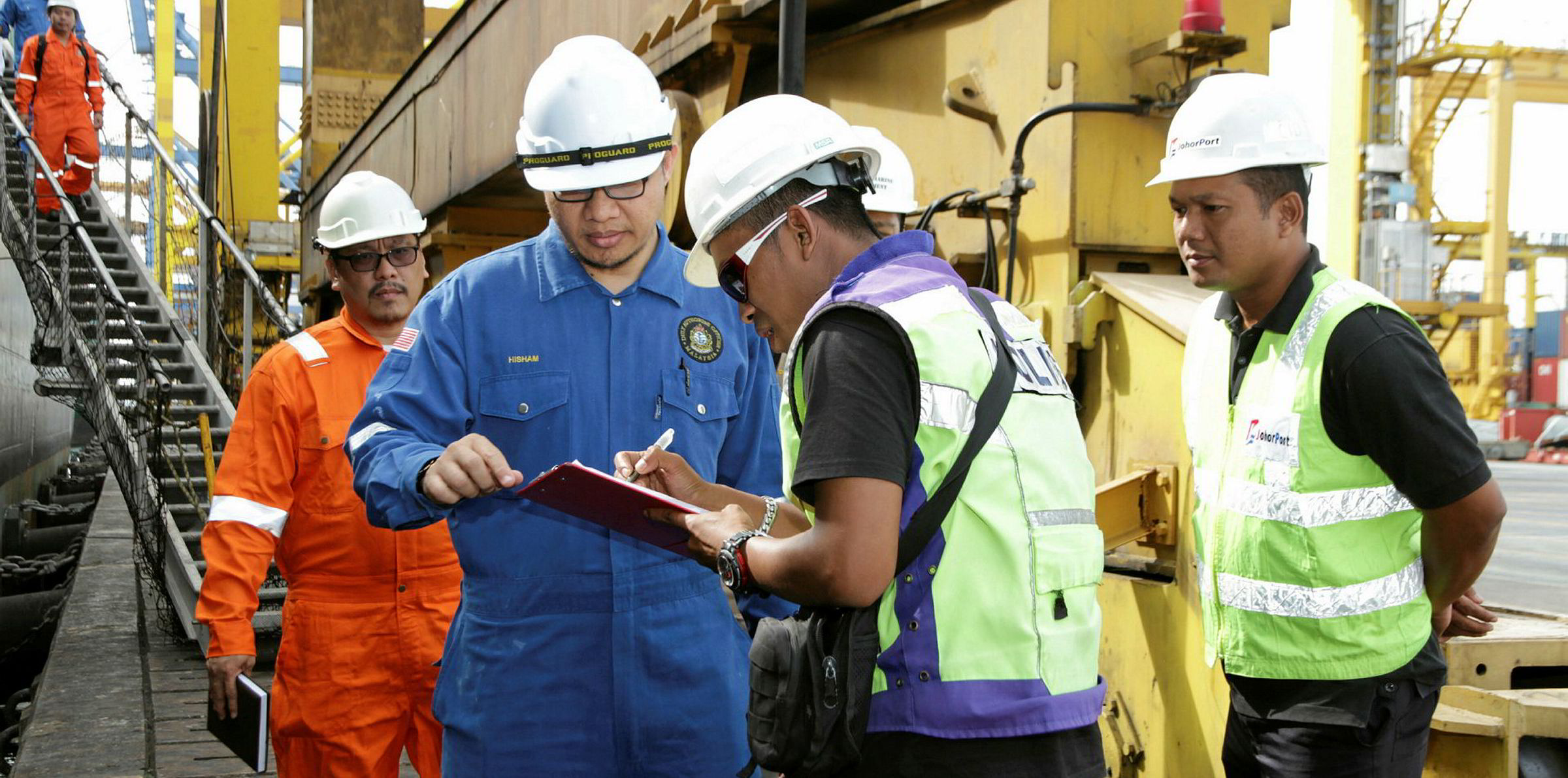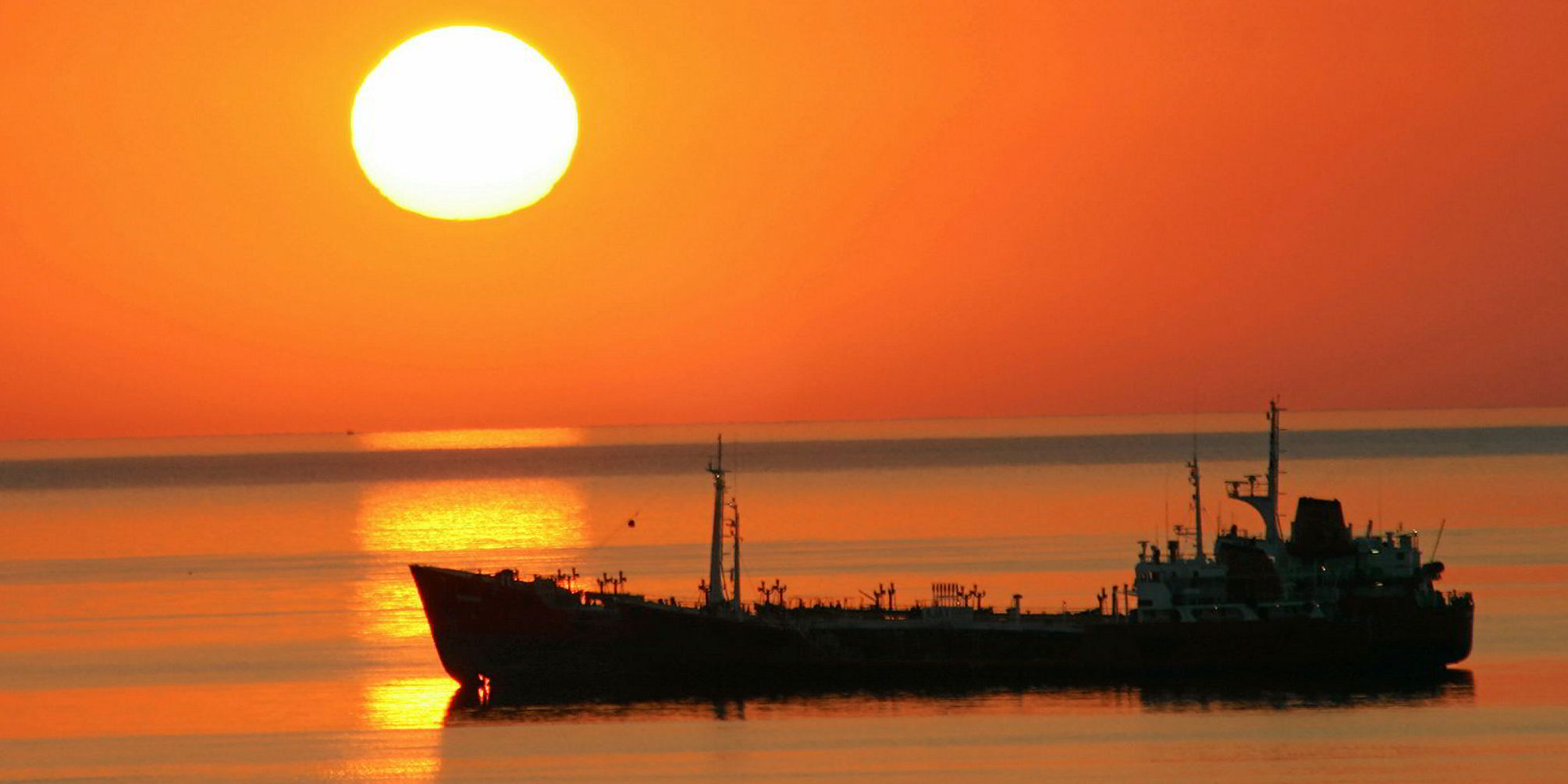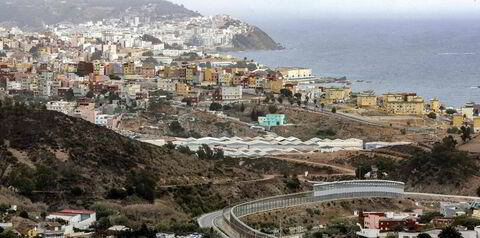The Tokyo MOU port-state control organisation has agreed to take a more “pragmatic and harmonised approach” towards IMO regulations due to coronavirus.
The treaty body said it “recognised” that the industry was “facing challenges” in meeting statutory requirements stipulated in Maritime Labour Convention 2006 (MLC 2006) and relevant IMO conventions.
As a result, it said member authorities of the Tokyo MOU have agreed to adopt guidance for dealing with the circumstances, such as extending periods of service onboard of seafarers, delaying periods for surveys, inspections and audits.
“The guidance is prepared based on the general principle that requests [and] issues would be considered on a case-by-case basis by the relevant port state authority,” the Tokyo MOU said.
The group said operators will need to confirm that flag state, relevant seafarers organisations have been involved in the process.
The Tokyo MOU added that they will also need to provide a “plan or process” containing equivalent solutions to address the Covid-19 situation and letters of dispensation or exemption by the flag state under which the period of grace for delaying surveys, inspections or audits should be no more than three months.
The Tokyo MOU said the guidance will be reviewed upon any future initiatives by the IMO or International Labour Organisation (ILO) or “developments of the situation”.
Its counterpart in Europe – the Paris MOU on Port State Control – has refrained from making an announcement.
Secretary-General Luc Smulders told TradeWinds that the group considered whether it should make an announcement but decided that flag states, classification societies and other recognised organisations already have leeway to deal with most circumstances presented by the coronavirus outbreak.
'Some flexibility'
"The standing mechanisms of IMO regulations is already providing some flexibility," he said.
Where coronavirus problems cause regulatory requirements to be missed beyond that, the Paris MOU will take those on a case-by-case basis, he said.
Late last month, the Singapore Registry of Ships (SRS), said it would also take a “pragmatic approach” towards the ability of owners to comply with regulations in the face of the coronavirus.
In particular, it highlighted the challenges faced by owners including the timely repatriation of seafarers, re-validation of seafarer certificates and an inability to obtain dry docking services and undertake statutory surveys.
The Maritime and Port Authority (MPA) said it “empathized with the situation faced by the owners and managers” of SRS and desires to take a pragmatic approach to assist the industry in overcoming these challenges.”






